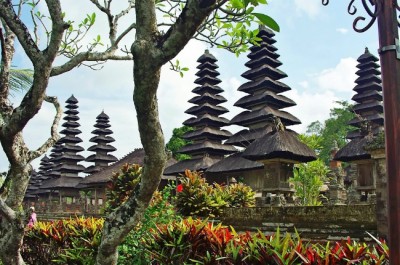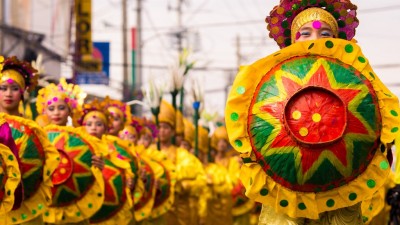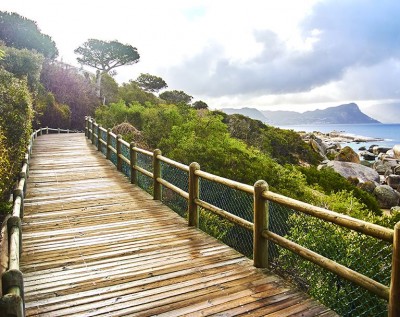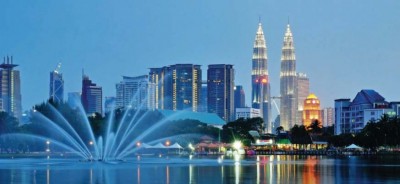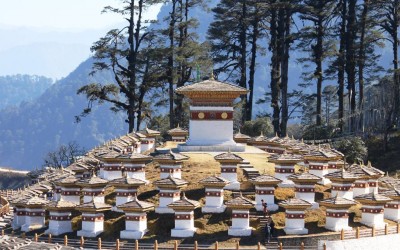Beautiful Bhutan 4 Nights / 5 Days
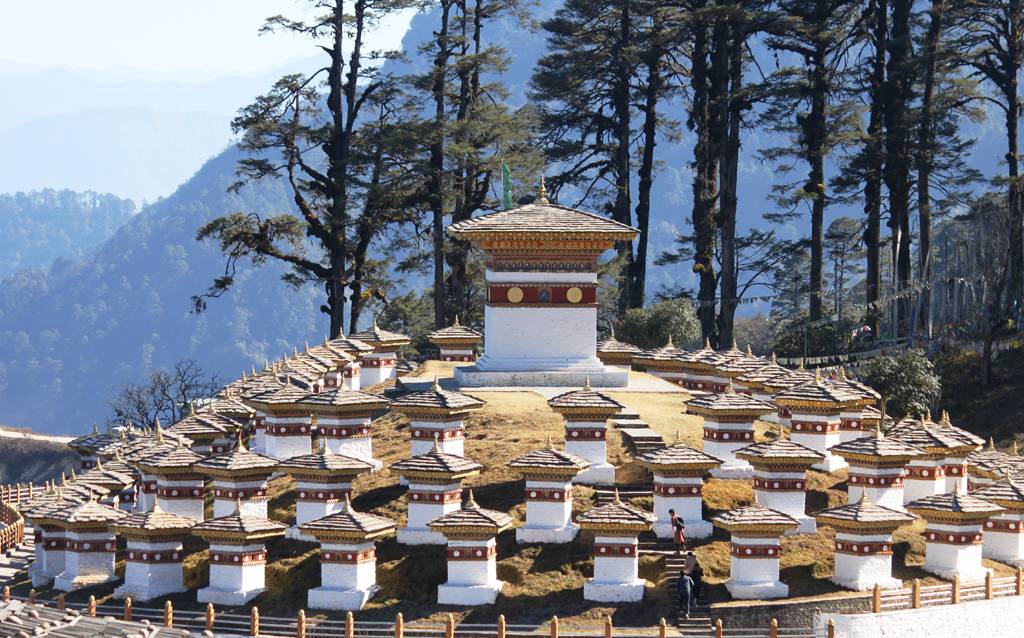
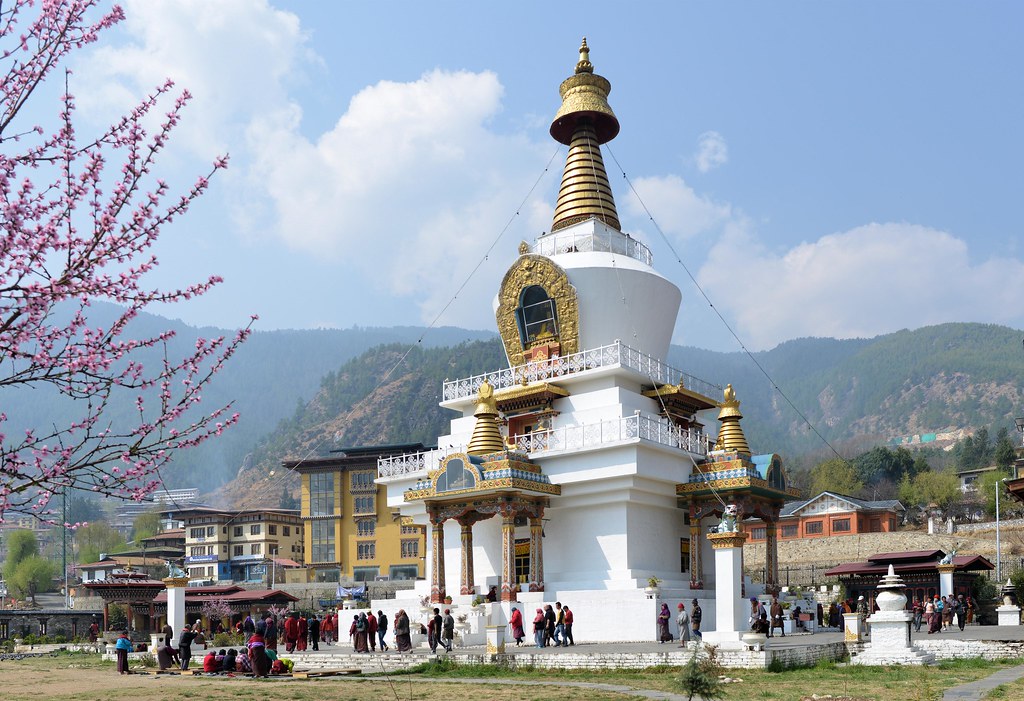
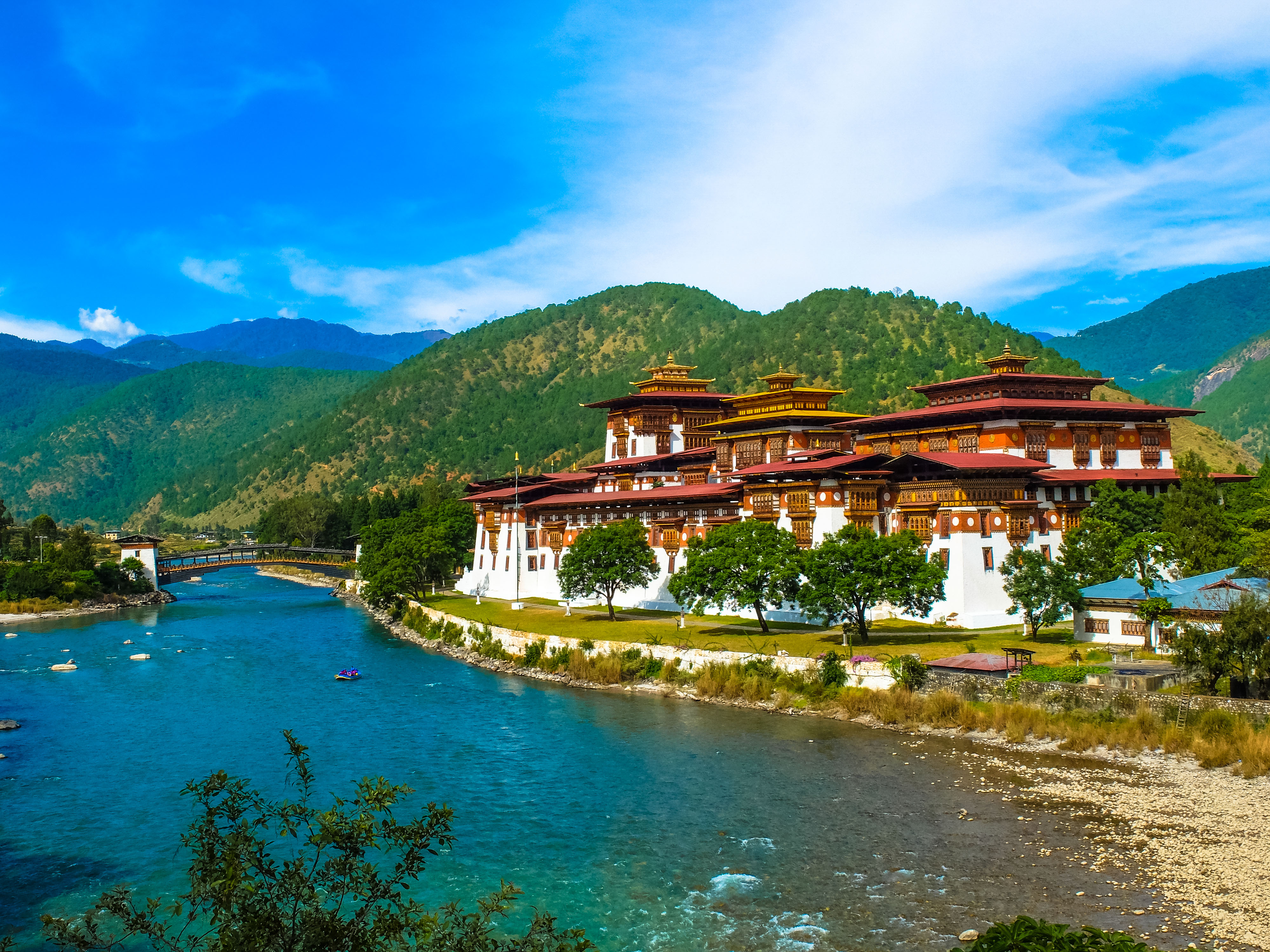
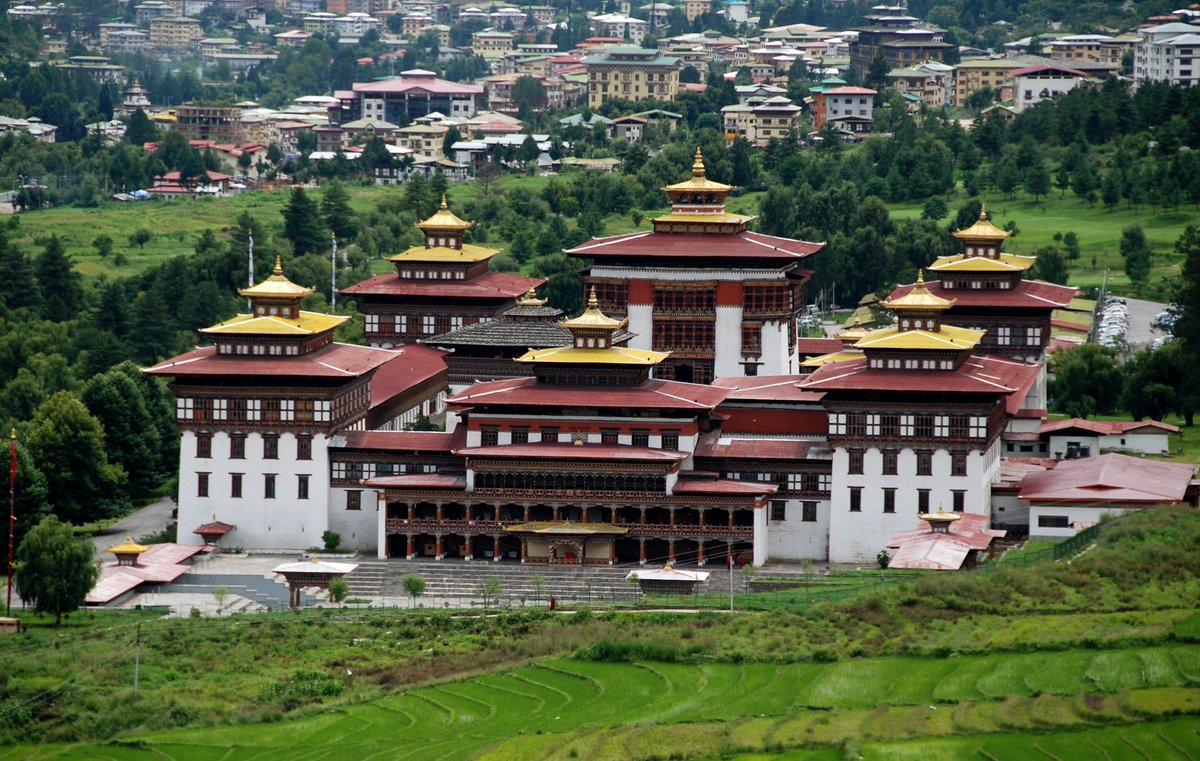
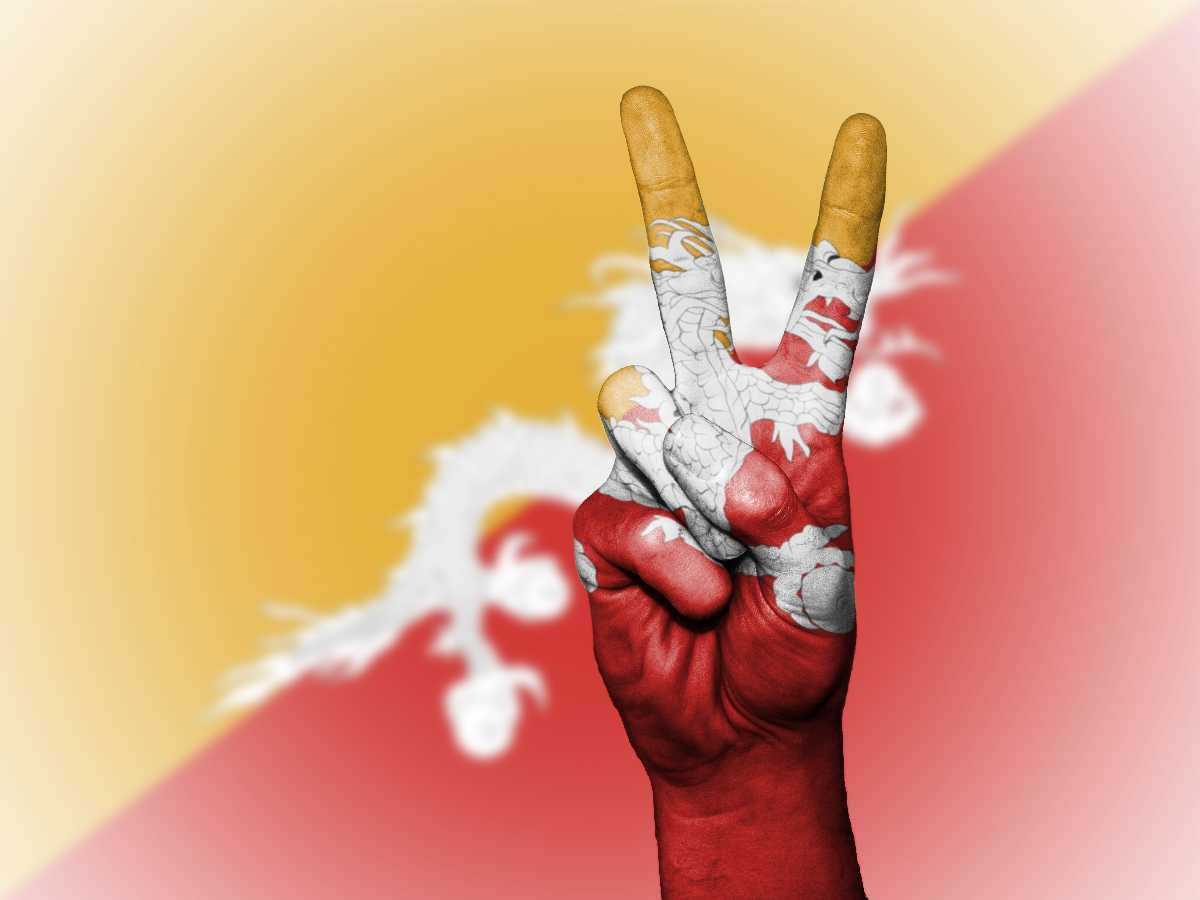
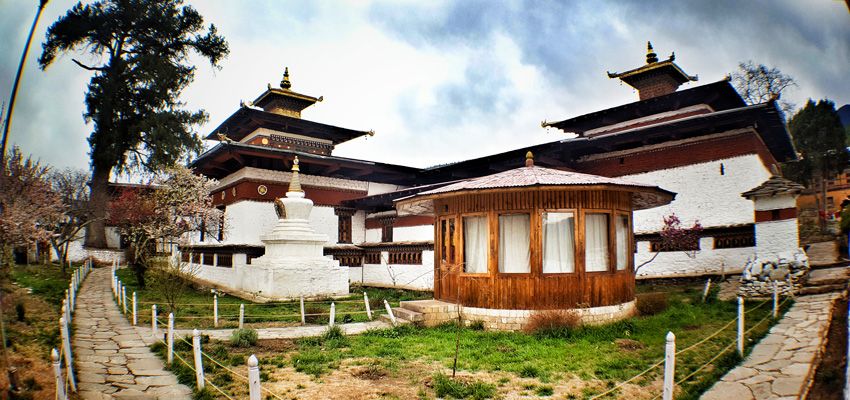
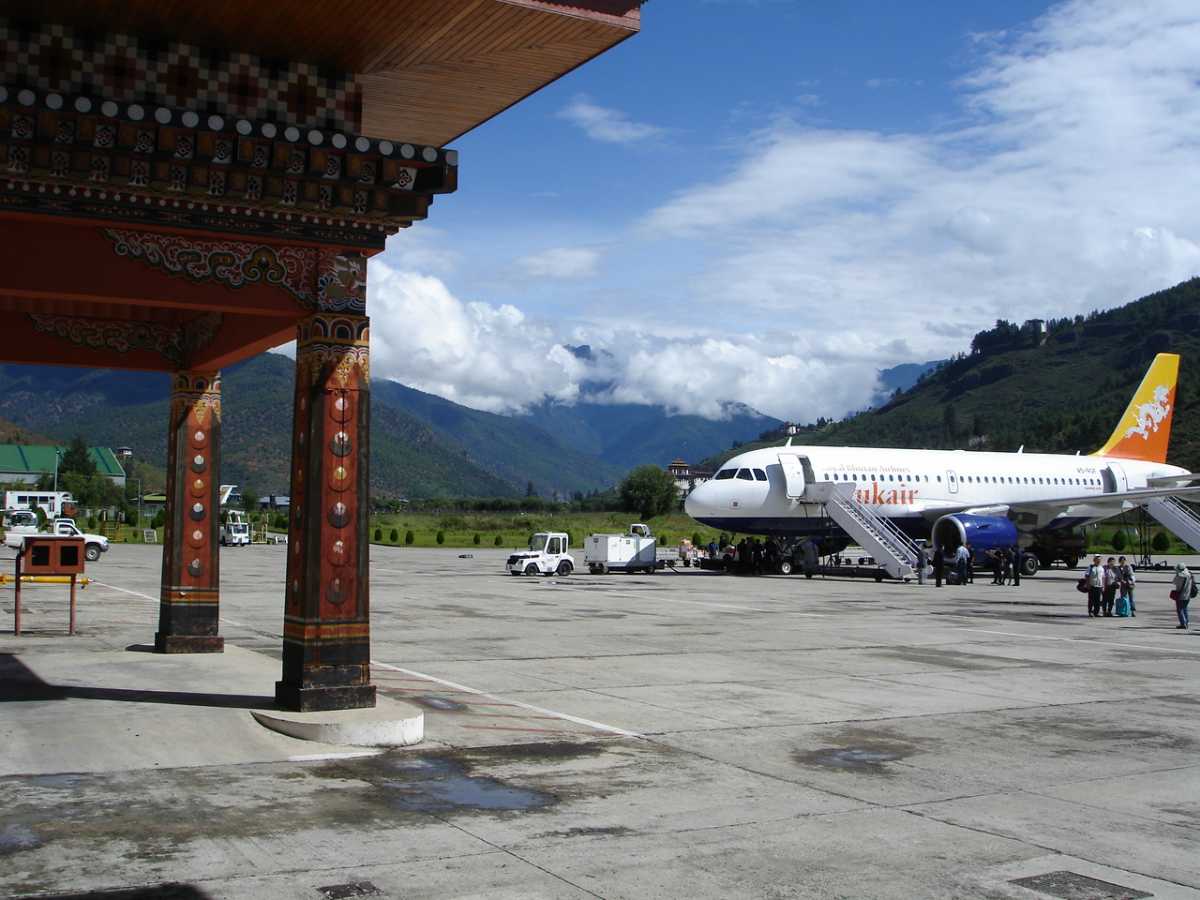
.jpg)
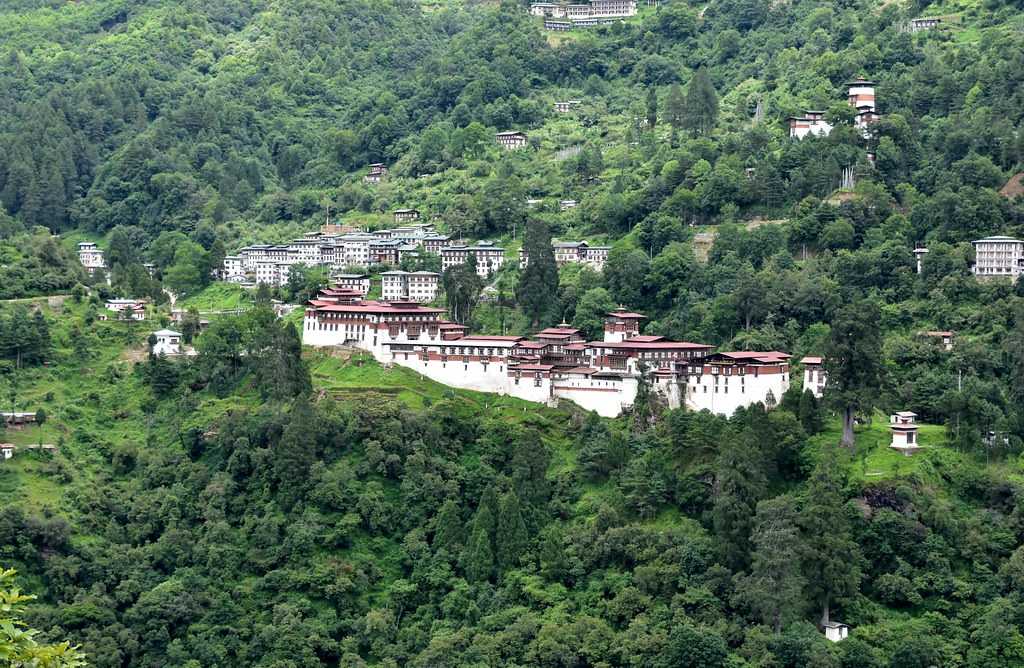
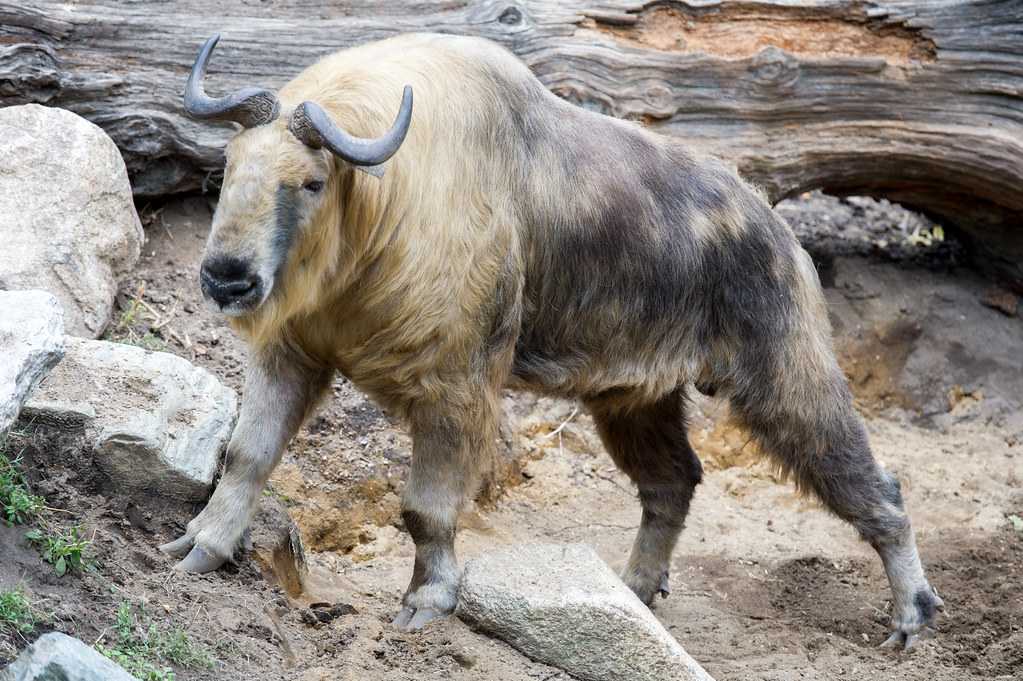







.jpg)


Cities:
Thimphu | Punakha | Paro
Package Highlights
Explore 3 Cities in 5 Days
Package Price Valid till 30th Nov 2020
| The ONLY Carbon Negative Country in the World |
| Bhutan is the only carbon negative country in the world, which means that it absorbs more carbon dioxide than it produces. |
| Isolated from the World Until The 1970s |
| Bhutan was isolated entirely from the world until 1974 when media was allowed to cover the new king’s coronation, about 64 years since it was found. Television sets came to Bhutan no sooner than 1990. |
| No Traffic Lights in Bhutan |
| Roads are a rather dangerous adventure in Bhutan with steep curves in the mountainous regions. Herds of animals like cows and buffaloes can be found freely roaming on these roads. Even people stop to greet each other in the middle of the way. However, the Bhutanese drive very slowly and cautiously, so traffic lights are not required. |
| The King Abdicated the Throne for Democracy |
| In, this world of dirty politics and corruption, to stay at the top, it is surprising as well as inspiring to see such selflessness by the king of Bhutan Jigme Singye Wangchuck. He realised the fact that Bhutan may not always have a good and honest king, so he favoured democracy and elections were held with the establishment of a constitution in 2005, thus converting Bhutan into a constitutional monarchy. This fact about Bhutan proves how much of a peaceful this one is. |
| Happiness Prevails Over GDP |
| Yes, you read that right. Bhutan does not believe in GDP as an indicator of economic growth and development. It has introduced another measurement known as Gross National Happiness. Bhutanese people have four pillars or quantitative indicators for the measure of GNH, which are sustainable development, preservation and promotion of cultural values, good governance and a healthy environment. That was surely a happy fact about Bhutan! |
| Bhutan Says NO To Plastic |
| The first plastic bags ban was established in 1999. However, it failed due to lack of alternatives even after enforcing it again twice in 2005 and 2009. Now, due to the urgent need for managing waste in Bhutan, it has been introduced in 2019. Awareness about alternatives like homemade carry bags, jute bags and hand woven bags is being spread to sensitise the citizens. |
| ONLY 8 Pilots are qualified to fly to Paro Airport |
| Paro is known as the most dangerous airport to land on in the whole world. And guess what? ONLY 8 trained pilots are allowed to do this. If you ever get to land in Paro, it's going to be one of a kind. |
| Birthday on New Year? |
| When was the last time you forgot a close one's birthday? Fortunately, Bhutanese do not have this issue. One thing that is quite interesting about Bhutan is the fact that all citizens officially become a year older on New Year’s Day. If people forget their birthday due to illiteracy or some other reason, it is easier to remember it by celebrating on New Year. Bhutanese give more priority to year than month or date, hence the tradition. |
| The National Animal is a Cow, No Wait, A Goat? |
| The national animal of Bhutan is “Takin”, a goat-antelope. It is endemic to Bhutan and feeds on leaves, grass and bamboo shoots. Salt is also an essential part of their diet, so they are also found lurking at various mineral deposits. It was thought to be a mythological creature before an Englishman discovered that it existed. |
| Druk Kul |
| Bhutanese call their homeland “ Druk Yul” which translates to the Land of the dragons because of the mighty storms that occur in the Himalayas and can be heard in Bhutan. |
| It Has Never Been Conquered |
| Bhutan has never been ruled by an external entity, thanks to its inaccessible territory and smart decisions and tactics used by various kings and gurus who negotiated smart deals with the British when they were expanding their base in India and Nepal |
| Bhutan Was the Last Country to Introduce TV |
| This fact about Bhutan will make you think "How did they do without TV for so long?". Bhutan introduced TV in 1999. It was banned until then because the Bhutanese government feared it would corrupt the Buddhist way of life in the country. The first show broadcast was that of the 1998 World Cup Final in France. |
| Education and Healthcare is Free For All Citizens |
| The Government has taken necessary steps to ensure free health and educational facilities for all. The infant mortality rate is still a severe issue, but it has improved drastically. Most people still get their education from monasteries, but steps are being taken to increase the literacy rate. |
| Refusing Food the First Time is a Custom |
| A fact about Bhutan that travellers must know is that the Bhutanese always refuses food the first time it is provided to show respect and gratitude. They close their mouth and say “Meshu”. |
| It is Mandatory to Wear the National Dress |
| It is mandatory to wear the national dress of Bhutan (Gho for men and Kira for women) to schools, government buildings or on any formal occasion. This way, Bhutan tries to preserve and promote its traditional values |
Included in trip
Included in trip
Included in trip
Day
1
Arrive Paro, and transfer to Thimphu (55 km, 2 hrs)
| In clear weather, flight to Bhutan provides a wonderful view of Himalayan scenery. On arrival, you will be met by our representative. |
| After that, drive to Thimphu (55 km, 2 hours), the modern capital town of Bhutan. |
| Evening, stroll around Thimphu town. |
| Lunch and Dinner on own |
| Overnight stay at Thimphu Hotel. |
Day
2
Thimphu- Punakha- Thimphu
| After breakfast drive to Punakha with a short stop at Dochula pass (3,050m) that heralds the most enchanting views of Bhutan. |
| Later visit to Punakha Dzong, the 17th century fortress that is the seat of the district administration and the winter residence of the monk body, followed by visit to local market. |
| In the evening, drive back to Thimphu. |
| Lunch and Dinner on own |
| Overnight at the hotel in Thimphu. |
Day
3
Thimphu- Paro (55 km, 2 hrs)
| Breakfast at staying hotel |
| Today's full day of sightseeing in Thimphu valley includes visit to: Trashichhodzong, the beautiful medieval fortress/monastery which houses most of the Government's office and King's Throne room. It is also the summer residence of Je Khenpo, the Chief Abbot. Then proceed to National Library, which houses an extensive collection of Buddhist literature, with some works dating back several hundred years. Visit the nearby Institute for Zorig Chusum (commonly known as the Painting School), where a six-year training course is given in the 13 traditional arts and crafts of Bhutan. |
| Also visit to Traditional Medicine Institute is worthwhile where centuries old healing arts still practiced. Later visit Textile and Folk Heritage Museum, a fascinating testimony of the Bhutanese material culture and living traditions. After that visit Handicrafts Emporium which displays wide assortment of beautifully handwoven and crafted products. Then drive to Memorial Chorten, the stupa built in the memory of Bhutan's Third King who is popularly regarded as Father of modern Bhutan. |
| Lunch and Dinner on own |
| In the evening drive to Paro. Overnight at the hotel in Paro. |
Day
4
Paro
| Breakfast at staying hotel |
| In the morning, take an excursion to Taktsang Monastery. Legend says that Guru Rinpoche arrived here on the back of a tigress and meditated at this monastery and hence it is called 'Tiger's Nest'. This site has been recognised as a most sacred place and visited by Zhabdrung Ngawang Namgyal in 1646 and now visited by all Bhutanese at least once in their lifetime. |
| While returning to hotel visit en route, Kyichu Lhakhang, built in the 7th century by the Tibetan king, Songtsen Gampo. |
| Lunch and Dinner on own |
| In the evening visit local market and overnight at the hotel in Paro. |
Day
5
Paro Depart
| After breakfast in the hotel, drive to the airport for flight to onward destination. Our representative will bid you farewell. |
Inclusions
- Breakfast at hotel
- Hotel Accomodation
- Transfers
- Sightseeing
Exclusions
- Gala Dinner
- Personal Expenses
- Flight Tickets
- GST (Taxes)
- Overseas Travel Insurance
- VISA
- Lunch
- All other items that are not mentioned in Inclusions
Important Notes
Bhutan opened its territory for the international tourists only after 1947 when the government of Bhutan decided to promote the country through tourism. Bhutan is a religious country so there are many things that are considered taboos. The tourists visiting Bhutan should be aware about some basic dos and don’ts while traveling in Bhutan.
Dos
- Follow the proper dress etiquettes. Please make sure your dress code doesn’t harm the religious sentiments
- Be courteous to old people and treat then with respect
- Carry enough cash as many business do not accept credit cards
- Respond to the assigned tour guide and follow their instruction
- Do register your expensive personal belongings at customs as you need to show the proof of their existence while exiting the country."
- Always ask for permission if you are photographing a person.
- Enter temples and monasteries only if you have permission. Allow your guide to lead you.
- Remove your shoes before entering the temple. Leave your camera at a safe place, if photography is prohibited.
- Leaving a donation at the temple is at personal discretion. Normally all Bhutanese do
- Pass clockwise at all chortens and mani walls (elongated chortens inscribed with mantras)
Donts
- Avoid tight/skin revealing clothes while visiting religious sites as they might be considered vulgar
- Remove sun caps while visiting temples or Dzongs
- Avoid slangs while visiting religious sites
- Do not feed birds/animals while visiting natural sites
- Do not smoke anywhere you like. Look for the designated smoking zone
- Do not point finger at people or art"
- Don't wash, swim or throw objects into lakes, many of which are considered sacred.
Buy Now
AED
1020
Send Inquiry
Need Smartfly Travel & Tourism Help?
We are more than happy to help you, kindly call or email us and we will assist you with best of our services.




